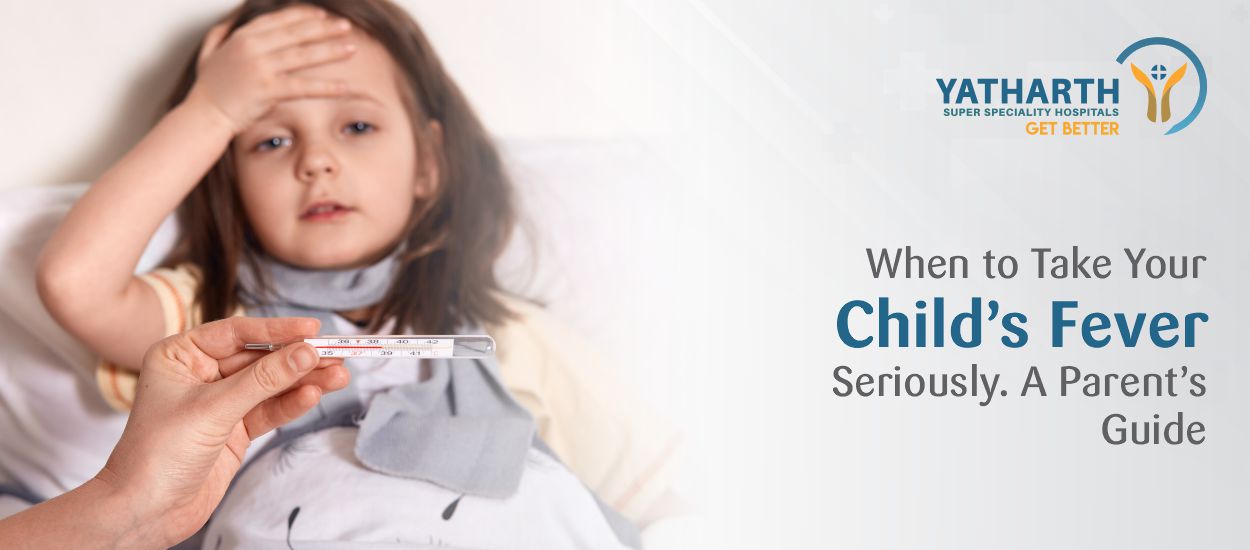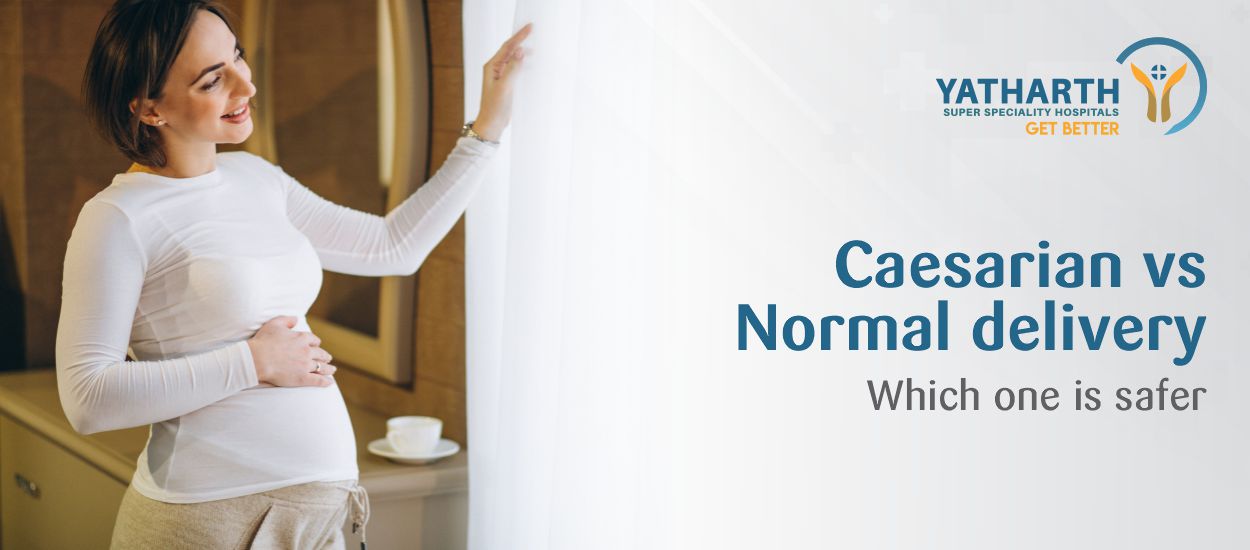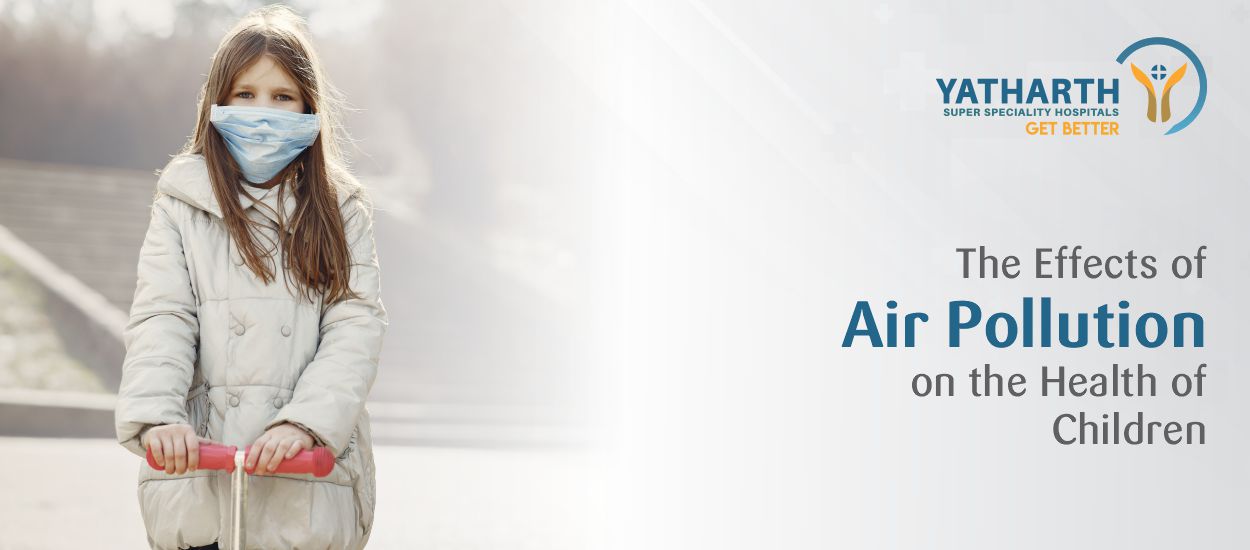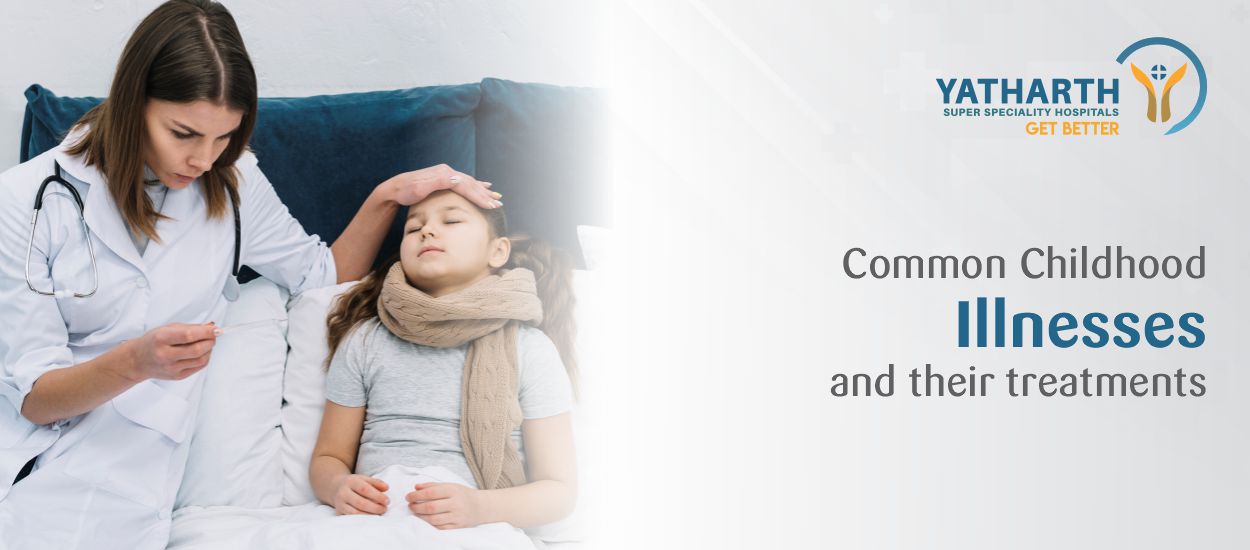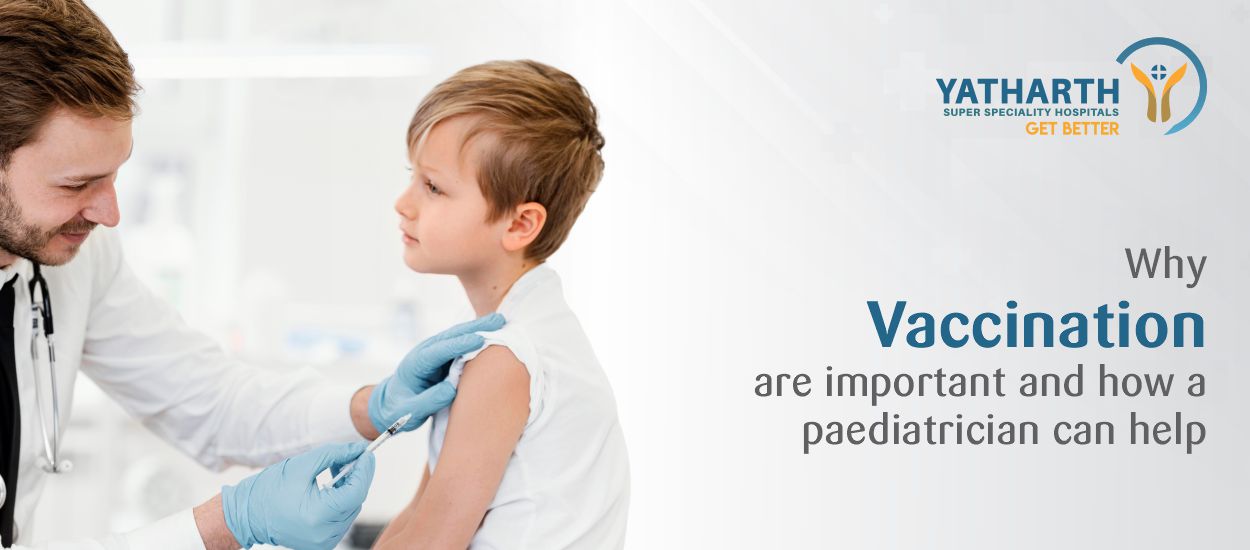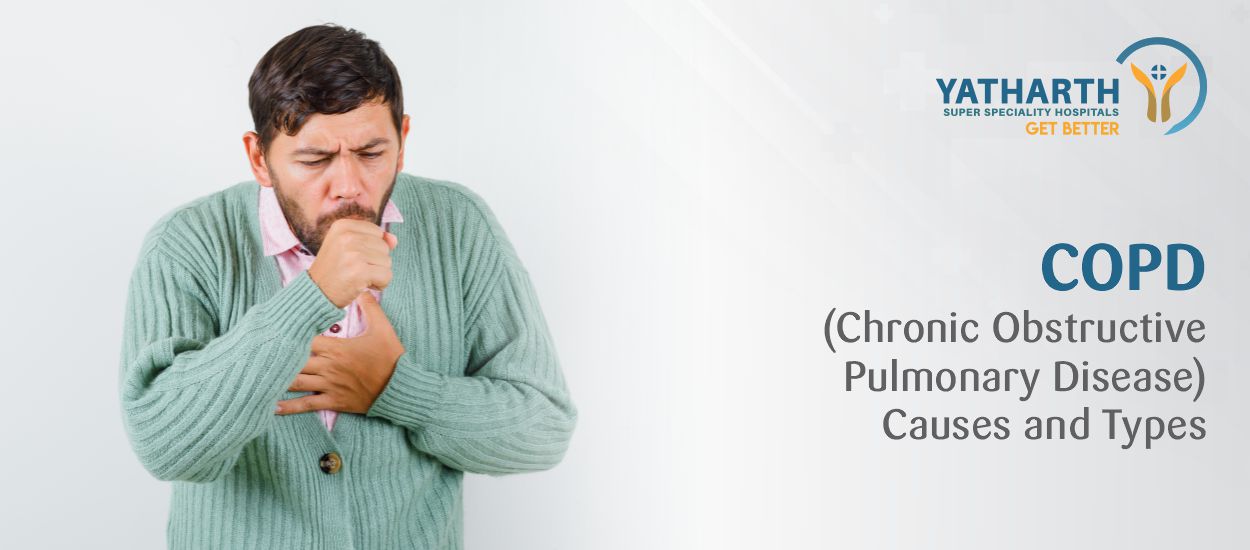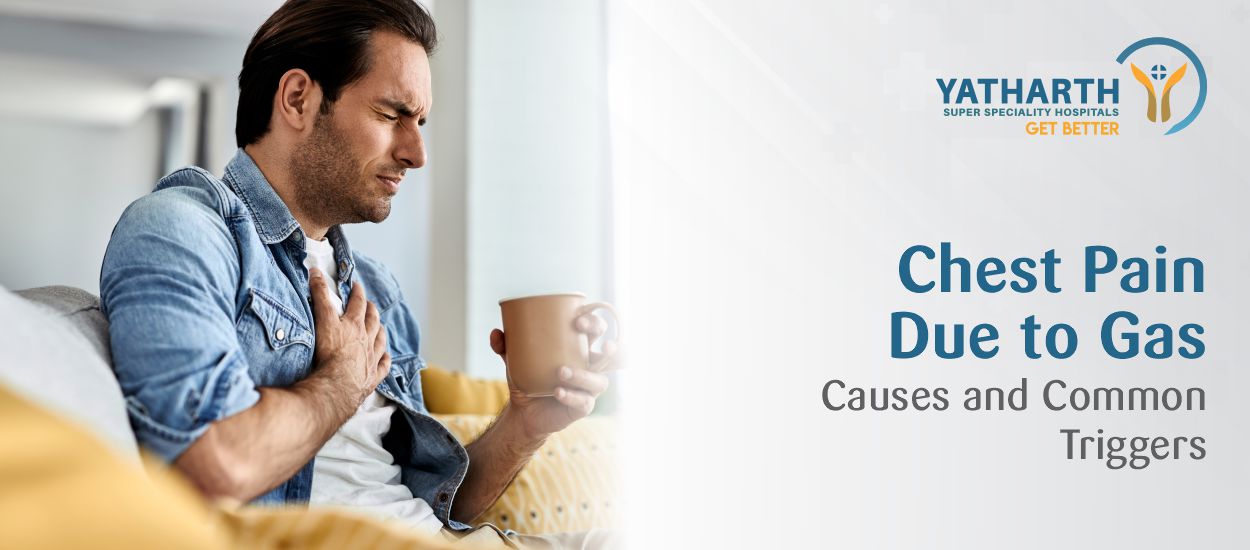An Overview
Young children develop fever occasionally and parents should not worry about it unduly. A fever may even be good as it indicates the child’s immune system is fighting some infection in the ear, stomach, urinary tract or from the common cold. Further, a fever could be due to overdressing and vaccination, especially in infants. A teething child may also have a slightly higher body temperature.
While ‘normal’ body temperature is around 98.6 degrees Fahrenheit (or 37 degrees Celsius) if a child’s temperature is somewhat higher, it is no cause for concern. Every person’s temperature can vary during the day, differing due to age, current activity and allied factors. Diverse thermometers can also have differing accuracy levels. A rectal thermometer is most accurate for infants but if parents aren’t comfortable with it, regular thermometers can be used.
Diverse ways of temperature measurement – in the armpit, rectum, ear, mouth or forehead – can also give marginally different readings. Therefore, the number that indicates a fever could vary slightly. It can be deemed a fever if the child’s temperature reading is at/above 100.4°F (or 38°C) via the rectum, ear or forehead; through the mouth at 100°F (37.8°C); or 99°F (37.2°C) under the armpit.
It’s important to recognise the symptoms of fever in children. These could include chills, body aches, headaches, earache, sweating, fussiness, fatigue, pale complexion, increased heart rate, not eating or drinking properly, excess thirst, decreased urination and high-pitched crying. If the child experiences any of the above symptoms even after the fever comes down, parents must contact the paediatrician.
One should not worry if the fever is mild, lasts less than five days and does not affect the child’s daily activities. Also, don’t fret if a child with a fever isn’t interested in eating, which happens with infections causing fever. If the child drinks and urinates normally, not eating as much is okay. A mild fever is manageable at home by treating it with fever-reducing medication prescribed by the paediatrician, cool compressesand lots of liquids to avoid dehydration and rest.
When to Visit the Doctor
Visit the paediatrician if:
Your infant with fever is less than 3 months: An infant’s only response to any serious ailment could manifest through fever. Particularly in newborn babies, a low temperature could also indicate some serious ailment. Visit the paediatrician if the temperature taken rectally goes below 97.7°F (36.5°C).
Your child of more than 3 months has a fever: In babies older than 3 months, a doctor should be called if the fever exceeds 104°F (40°C) or if it persists despite fever-reducing medicines.
The fever lasts more than 5 days: The paediatrician may investigate further to find any underlying causes.
Fever medications can’t control it: Medications prescribed by the paediatrician to reduce fever should work quickly. If the fever persists, contact the doctor.
How to Manage High Temperature
If a child with a fever has no pain and continues playing and drinking as usual, no treatment is needed. Medications are only required when a child with a fever has discomfort and doesn’t consume liquids normally. For infants under 3 months, no medicine should be given unless prescribed by the paediatrician.
To keep the child comfortable, dress him/her in lightweight garments and cover with a light blanket or bedsheet. Avoid heavy clothes or blankets as these will keep the child’s body warm, making him or her feel uncomfortable. Make sure the room temperature is comfortable – not too cold or hot. Ensure the child gets lots of rest. School-going children should stay at home till their temperature remains normal for 24 hours.
Typically, lukewarm sponge baths are not advised to lower fever since these will make the child uncomfortable from shivering. Ice packs or cold baths are also not advisable as the resulting chills can increase the body temperature.
Provide the child with ample liquids to prevent dehydration as fever leads to a much faster loss of fluids. Let the child eat what he/she wants in moderate quantities. However, never force the child to eat if he/she doesn’t want much food.
When to Call the Paediatrician
The paediatrician must be called if a child of 3 months or older with a fever:
- Does not drink liquids or is too ill to drink enough
- Has persistent diarrhoea or vomiting
- Has signs of dehydration (like peeing less than before or has no tears while crying)
- Seems less active and alert than normal
- Has specific complaints such as earache or sore throat
- Has fever even after two to three days
- Develops a rash
- Complains of pain during urination
When to Treat It as an Emergency
In specific cases, a fever that manifests alongside other symptoms could indicate some serious illness. Visit the clinic immediately if the child is drowsy or extremely sluggish; has no appetite; faces difficulty in swallowing or breathing; drools excessively; cries continuously; has a stiff neck; fever rash; blue lips, tongue or nails; pain or tenderness in the abdomen; dehydration; decreased urination; redness or swelling; altered speech; strange behaviour; extreme sleepiness; limpness or refusal to move; and has convulsions or seizures.
In some children, seizures can be a dangerous side effect of fever. If the child has a seizure: place your child lying down on his/her side; do NOT place anything in the child’s mouth; rush to the clinic or hospital with your child if the seizure continues for more than 5 minutes. A seizure lasting more than 5 minutes requires prompt medical attention.
Important Insights
All children develop fever in the early years. In most instances, they will be normal within days. For older babies, more important than the thermometer reading is the way children act. Some cranky behaviour is expected when children have a fever, which is normal.
Nevertheless, parents know their children best. Therefore, in case of any doubt regarding what a fever may mean or what to do, or if the child looks ill in a disconcerting way, it is advisable to call or visit the paediatrician. A doctor is best placed to determine if the child’s symptoms need evaluation or not.
